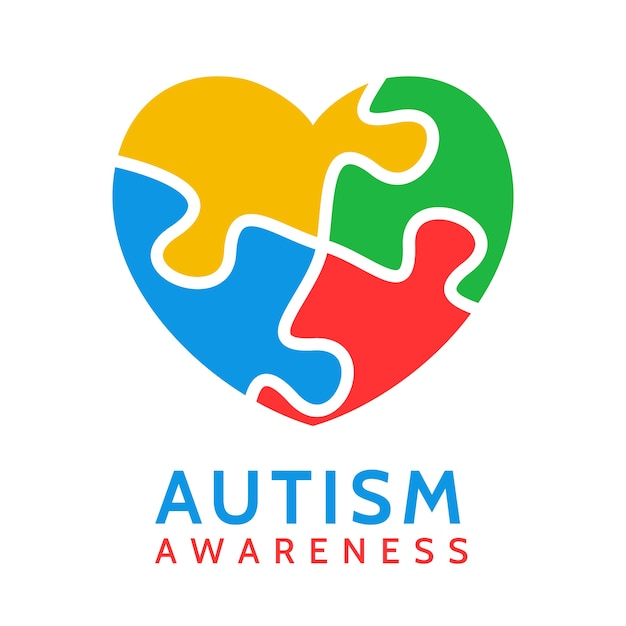Rising Autism Cases and the Search for Solutions
In recent years, the number of autism cases has skyrocketed, leaving researchers in a race to find better ways to manage the disorder. Over the past two years alone, there has been a 30% increase in autism diagnoses, suggesting that modern risk factors might be contributing to this developmental disorder. Despite significant advancements in technology and medicine, autism remains without a cure, largely because its exact cause is still unknown.
Three Contributors to Autism
Autism is a complex disorder with multiple contributing factors. While there isn’t a single definitive cause, some of the most significant risk factors include genetics, environmental toxins, and birthing techniques. Let’s explore three of the top contributors to autism:
Genetics
Genetics play a crucial role in the development of many diseases, and autism is no exception. Recent studies have identified over 100 mutated genes that may be involved in the development of autism, with at least 30% of cases likely linked to these genetic mutations. Although researchers are still unsure how this information can be used to treat current patients or prevent new cases, there are some promising leads. For instance, some research suggests that antioxidants might protect against DNA mutations, potentially safeguarding future generations.
Pollution
In today’s world, our air and food are heavily polluted, making it nearly impossible to find a completely pristine environment. Traffic pollution, which most of us encounter daily, has been linked to rising autism rates. Studies indicate that women exposed to heavy traffic pollution during their third trimester have a higher likelihood of having a baby with autism compared to those exposed to lower levels. Other toxins, such as PBDEs, have also been associated with autism.
C-Sections
Caesarean births, or C-sections, are often performed for medical reasons or by request, and in the United States, one out of three children is delivered this way. Unfortunately, some researchers believe that C-sections may increase the risk of autism. While more research is needed to fully understand the connection between C-sections and autism risk, natural births might be more beneficial for delivering a healthy baby and avoiding the potential risks associated with anesthesia used during C-sections.
One Final Thought
Expecting mothers should be highly conscious of their environment, striving to eliminate toxins from their surroundings and their diet. Men should also maintain good health to protect their sperm, although there is no definitive proof that this can reduce the incidence of autism. Keeping infants away from high levels of pollution and chemicals is crucial for protecting their developing brains. Additionally, it may be wise for pregnant women to consider natural birthing methods to promote the health of both mother and child.

